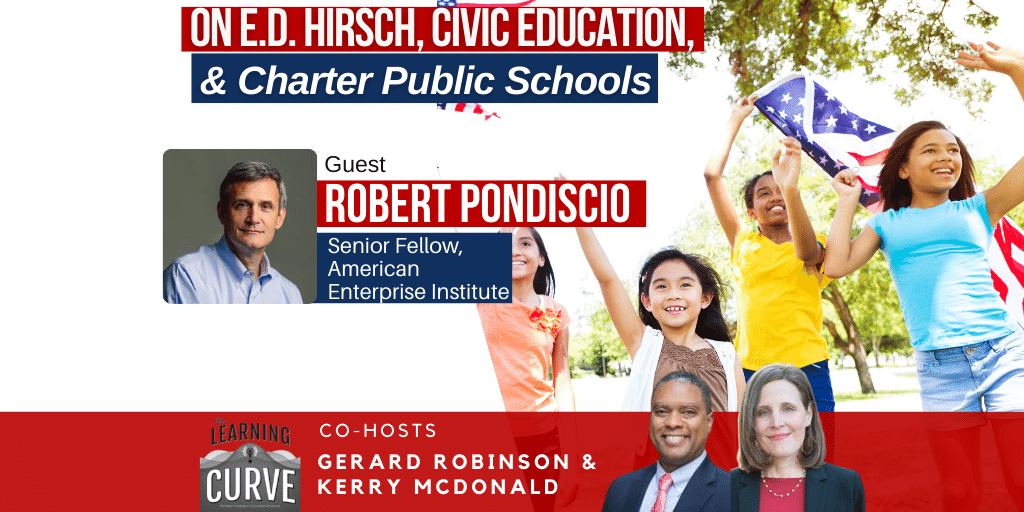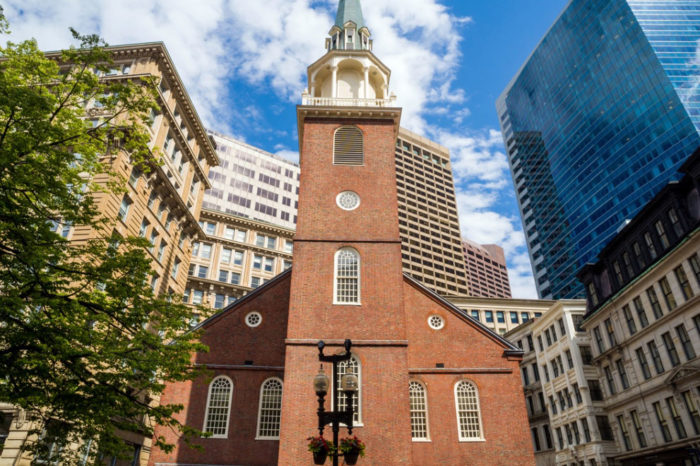Inspired by America’s past, facing future challenges
/in Featured, News /by Editorial StaffAs we celebrate America’s birth, we are reminded that this is a nation built on ideas, but powered by individuals – motivated by the pursuit of happiness, drawing on deep wells of courage, hard work, and optimism – who overcame challenges to achieve superhuman feats. We here in Massachusetts hold a special place in this country’s origin story – it was here where patriots first met and engaged in public debate. They challenged the status quo and helped form and inform the new hopeful American identity then taking shape.
Pioneer Institute embraces that spirit every day, stimulating public discourse and driving rational civic engagement, always looking to make our Commonwealth an exemplar to other states and a place where individuals can continue to build and thrive.
Help us continue this tradition.
Related Research & Commentary:
CommonWealth magazine op-ed by Jim Stergios: “Yawkey Way renaming only sanitizes history“
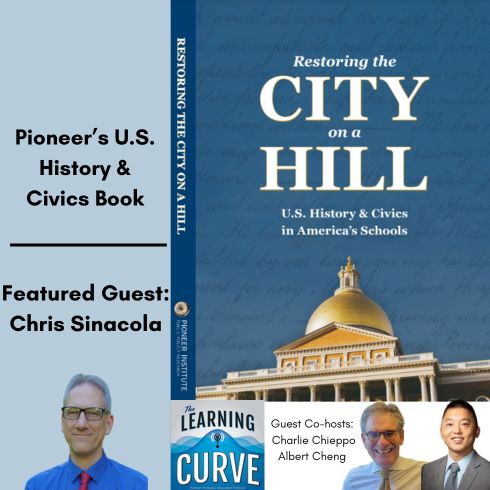
Pioneer’s U.S. History & Civics Book with Chris Sinacola
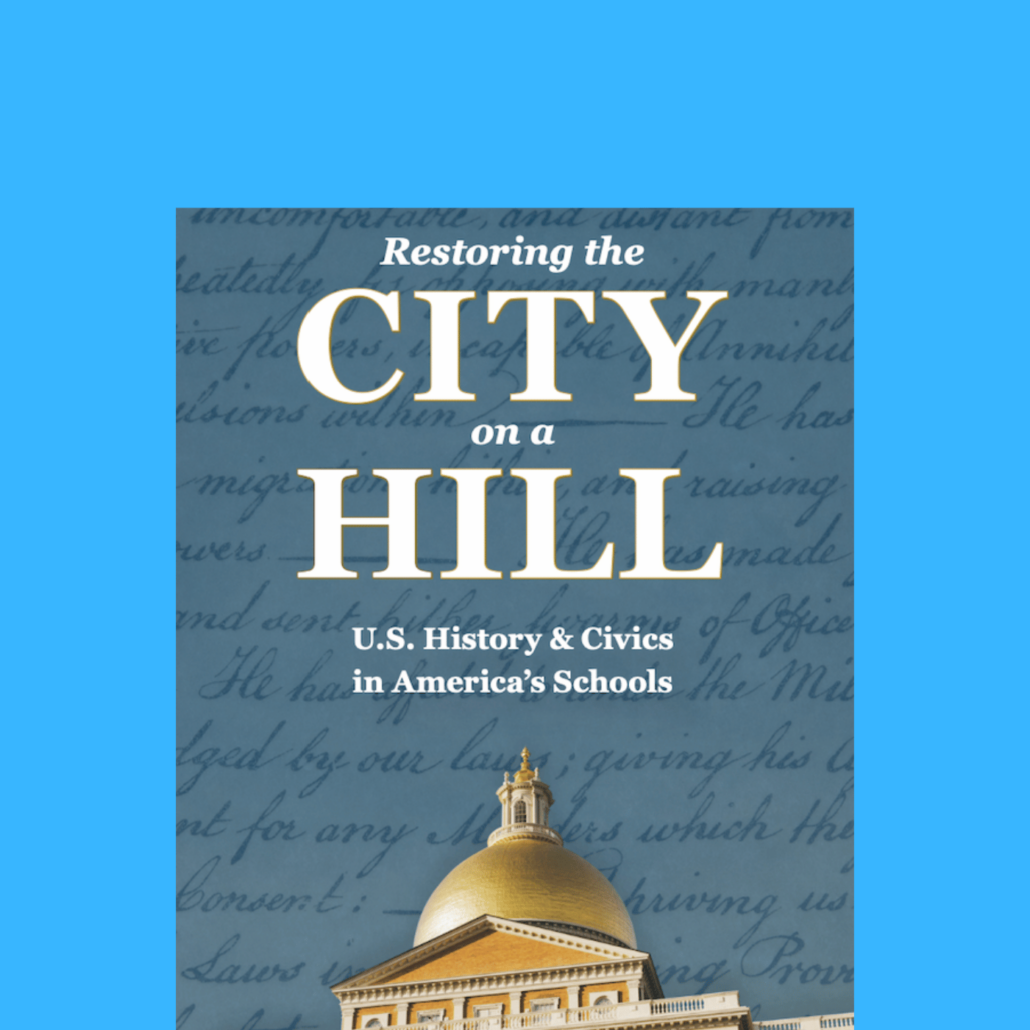
New Book Calls on States to Improve U.S. History and Civics Education
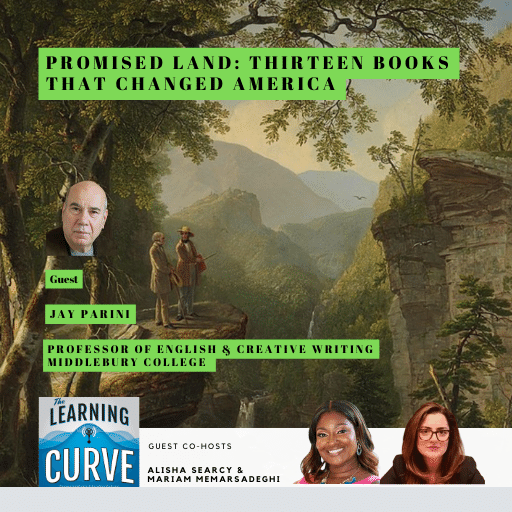
Professor Jay Parini on Thirteen Books That Changed America
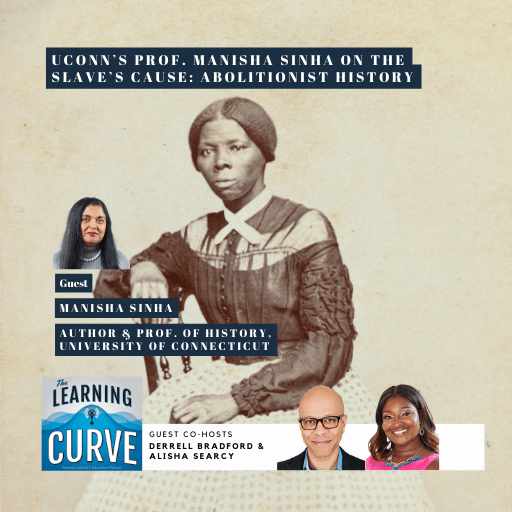
UConn’s Prof. Manisha Sinha on The Slave’s Cause: A History of Abolition
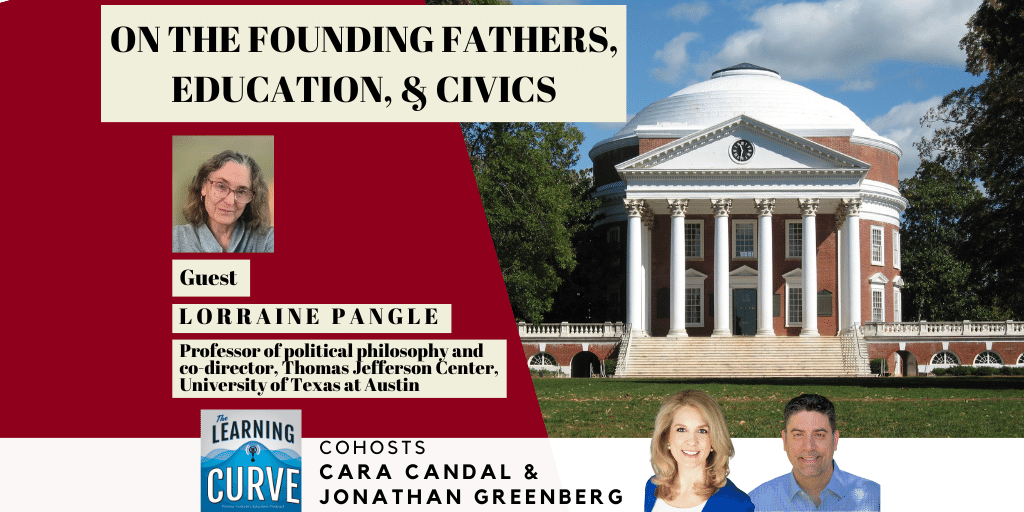
Prof. Lorraine Pangle on the Founders, Education, and Civics
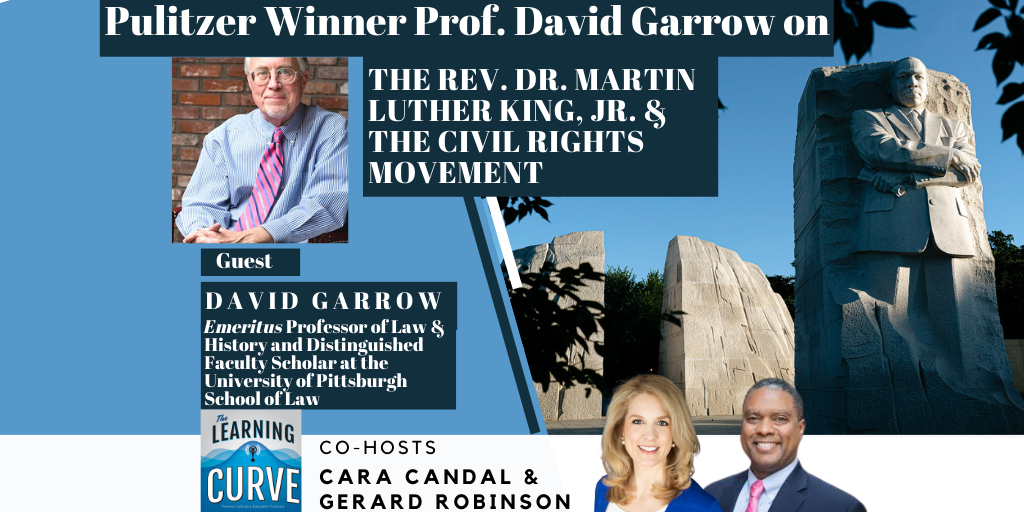
Pulitzer Winner Prof. David Garrow on the Rev. Dr. Martin Luther King, Jr. and the Civil Rights Movement

Poll Finds Strong Majority of Massachusetts Residents Support Restoring U.S. History MCAS Graduation Requirement

Award Winner Peter Cozzens on Tecumseh, the Indian Wars & the American West
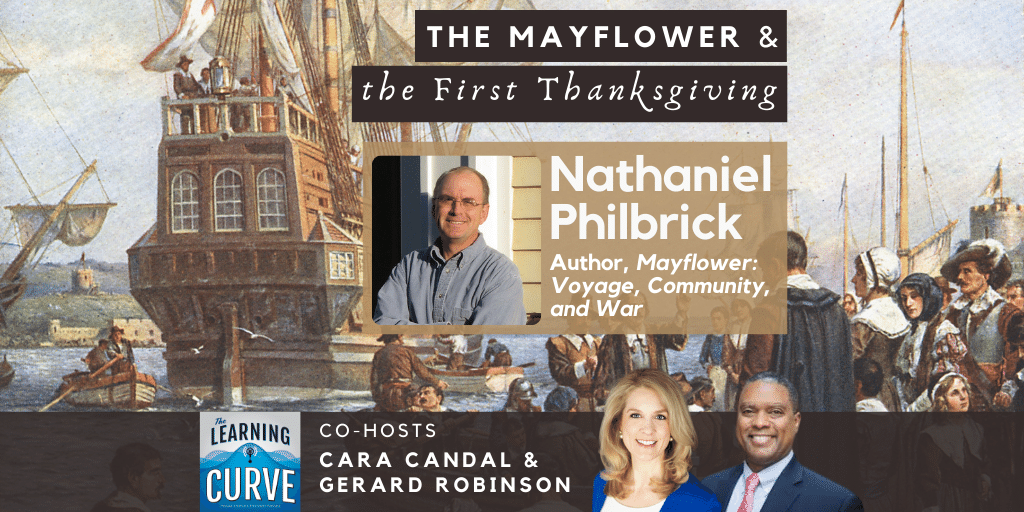
Award-Winner Nathaniel Philbrick on the Mayflower and the First Thanksgiving
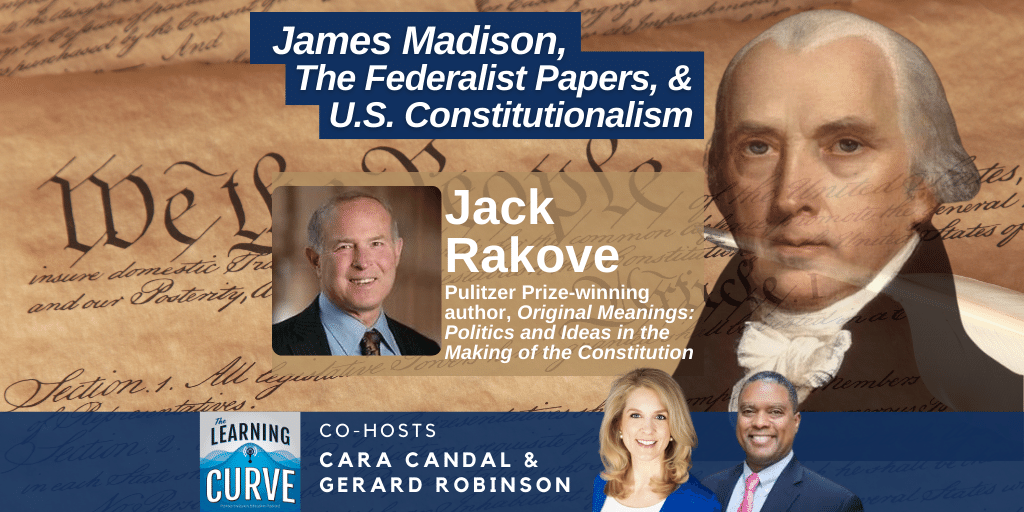
Stanford’s Pulitzer-Winning Prof. Jack Rakove on James Madison, The Federalist Papers, & U.S. Constitutionalism
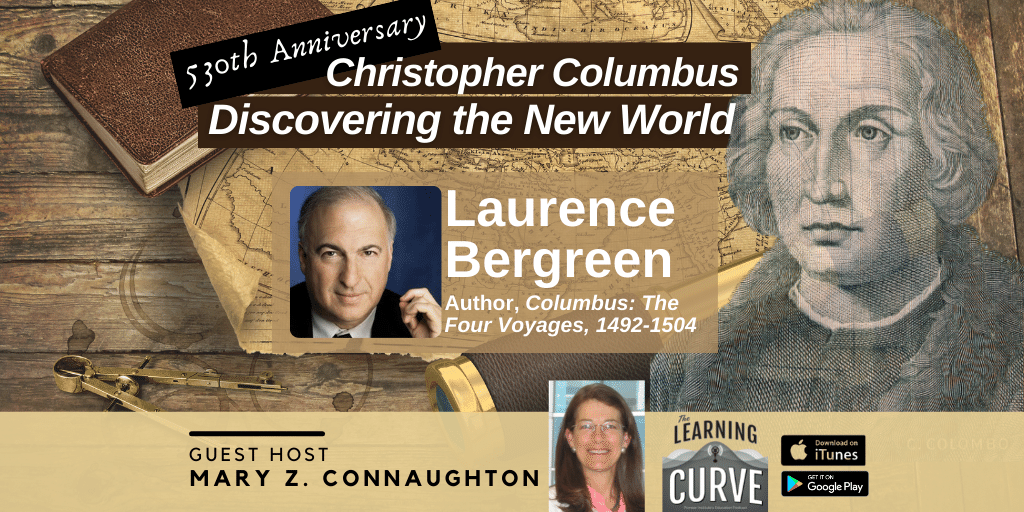
NYT Best Seller Laurence Bergreen on 530th Anniversary of Christopher Columbus Discovering the New World
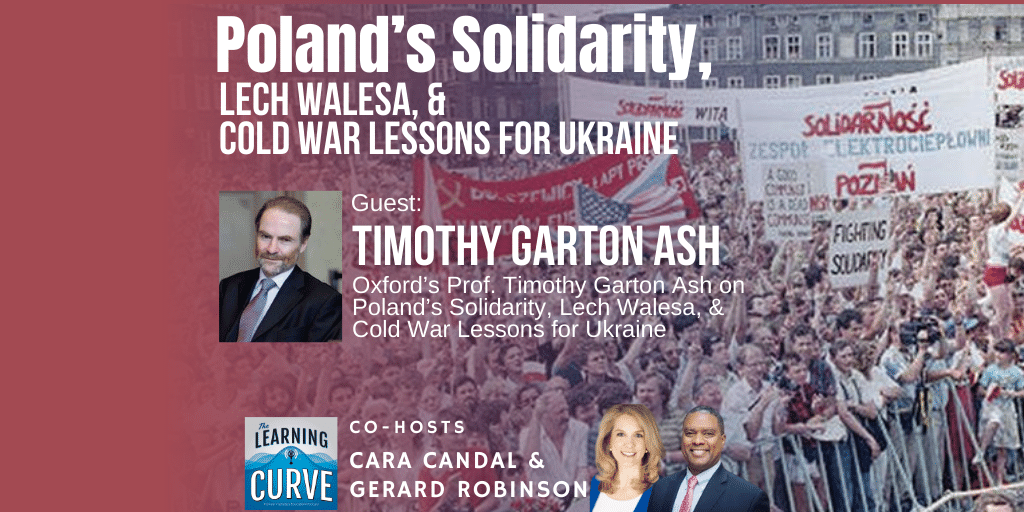
Oxford’s Prof. Timothy Garton Ash on Poland’s Solidarity, Lech Walesa, & Cold War Lessons for Ukraine

UVA’s Two-Time Pulitzer Winner Prof. Alan Taylor on Thomas Jefferson & Education

William & Mary’s Dr. Charles Hobson on Chief Justice John Marshall, SCOTUS, & Judicial Review

NYU Law Prof. Richard Epstein on the Founders’ Constitution & Federalism
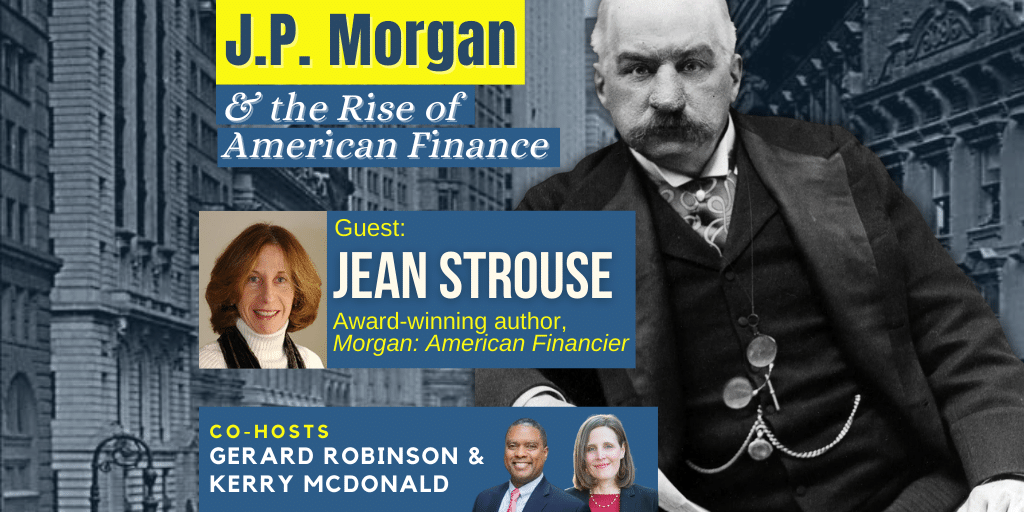
Jean Strouse on J.P. Morgan & the Rise of American Finance
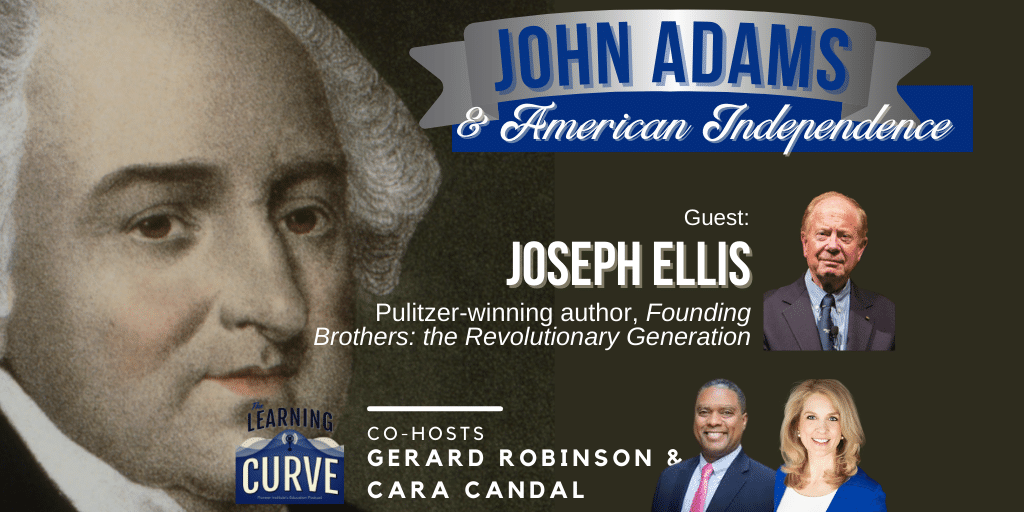
Mt. Holyoke’s Pulitzer-Winning Prof. Joseph Ellis on John Adams & American Independence
